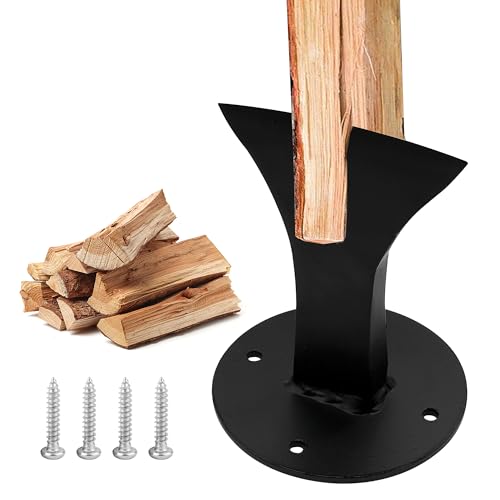There's that term "necessary" again. One doesn't need to add ANYTHING to Canola for it to work. That's the beauty of it. Pick some up while grocery shopping, pour it into the saw and start cutting. It's that simple.
Adding things to Canola just makes it unhealthier, takes time and costs money. There is no logical reason to reinvent the wheel (unless perhaps in very cold temps which I do not have experience with).
It may well 'work' as is, and so did engine oil in the forties and fifties, but would you use that stuff in a modern engine ?
I'd want at least some EP/AW additives in there thanks to the loads and extreme speed on the sprocket, bearings and chain. Tackifiers are a point to argue on, even amongst blenders.
Unless I see a test where 'x' bar and chain is run for 'x' hours with straight canola side by side an identical bar and chain using a good conventional additised oil, and wear and life are similar or better I'll remain sceptical as to whether straight canola is up to the job.
There's a huge difference between something working, and working to the best we can have it.
Up until the 1950's motor oil was basic stuff, pretty much the crap that was pumped out of the ground, filtered, mixed with other oils that were pumped out of the ground to obtain a specific viscosity and added to an engine.
It worked, but engines were rebuilt between 15 and 50,000 miles as they were stuffed. Yes, metalurgy and tolerances also had a bearing on this, but the bottom line is that the oils were very basic.
Modern engine and gear oils comprise an additive package of between 15 and 25% of the total volume of oil to enhance their performance with pretty trick base oils compared to even fifteen years ago. Yes, a number of things in those lubes aren't needed in bar oil, including the oxidation stability of the modern base oils, but I would still think we would need some EP/AW component to prevent premature wear.
FWIW there are specific bar/chain additive packages available that when added at 18-20% still allows for over 90% bio-degradability, and the cradle to grave study I quoted from above used additised canola bar oil, not straight canola.
One advantage of canola over mineral oils is it's far better viscosity index (VI). This is in the region of 220 and up, compared to a Group I mineral oil of around 95-110.
All this means is that canola doesn't thin out near as fast as a mineral oil and it also has a pretty good pour temp, but be warned, from what I've read it does some pretty weird stuff below 0*C so needs something to help cold flow properties.
I'd like to use it, and it's pretty cheap here, I can buy it in any size drum I want as canola is a major crop, but I just couldn't bring myself to use it straight. Bars, sprockets and chains are damned expensive on this side of the Pacific.
I tell you what, I'll post on an oil board for a couple of blenders I know and ask their opinion on straight canola vs an additised canola. Could be interesting.

























































